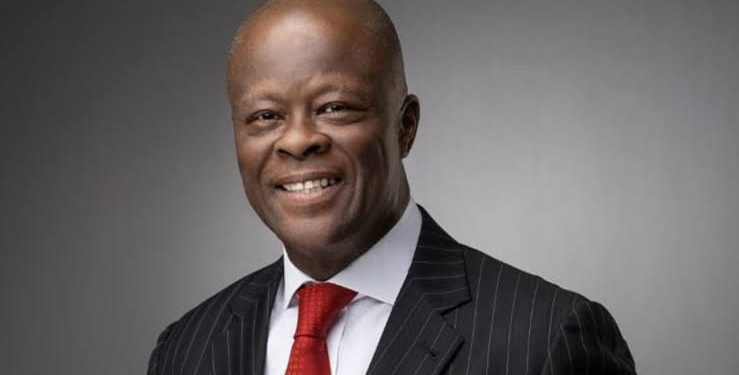Nigeria’s economy is showing signs of renewed stability, with official data revealing a trade surplus exceeding $4 billion in the first quarter of 2025. The Minister of Finance and Coordinating Minister of the Economy announced the development during a ministerial press briefing in Abuja, describing the current outlook as one of “renewed stability, growing investor confidence, and accelerating momentum across key sectors.”
According to the minister, exports rose by 9.8% in Q1 2025, while foreign reserves climbed to nearly $40 billion by July. The exchange rate, he noted, has also remained relatively stable. However, he stressed that these gains must translate into tangible improvements in the lives of Nigerians through more jobs, higher incomes, and better public services. This, he said, would require deepening ongoing reforms to keep the economy competitive.
Despite the positive trade figures, the minister admitted to a significant shortfall in oil revenue during the first half of the year. While the 2025 budget set a benchmark crude oil price of $75 per barrel, the average sale price stood at $67. Daily crude production averaged 1.67 million barrels, well below the budget projection of 2.06 million barrels per day. He said Nigeria had maintained compliance with its OPEC quota and prioritised spending in sectors that directly impact citizens to offset revenue gaps.
On fiscal policy, the minister highlighted key reforms aimed at restoring discipline to public finances, including ending the unauthorised use of Ways and Means advances from the Central Bank. He noted that no debits had been made to this facility since the early days of the current administration. As a result, Nigeria’s debt-to-GDP ratio has fallen to 38.8%, down from 52.1%, creating fiscal space for the government to clear significant outstanding obligations.
Data from the National Bureau of Statistics (NBS) show that total exports rose to ₦20.60 trillion in Q1 2025, representing a 7.42% increase from ₦19.18 trillion in the same period of 2024 and a 2.92% rise from the ₦20.01 trillion recorded in Q4 2024. Imports stood at ₦15.43 trillion, up 4.59% year-on-year but down 7.02% compared to the previous quarter.
The minister reaffirmed that the administration’s economic strategy is focused on creating a resilient, investor-friendly environment while safeguarding fiscal stability. He emphasised that sustaining the current momentum will depend on addressing structural weaknesses, boosting productivity across non-oil sectors, and ensuring that macroeconomic gains are felt in households and businesses across the country.










